Time to rethink citizenship access in Switzerland
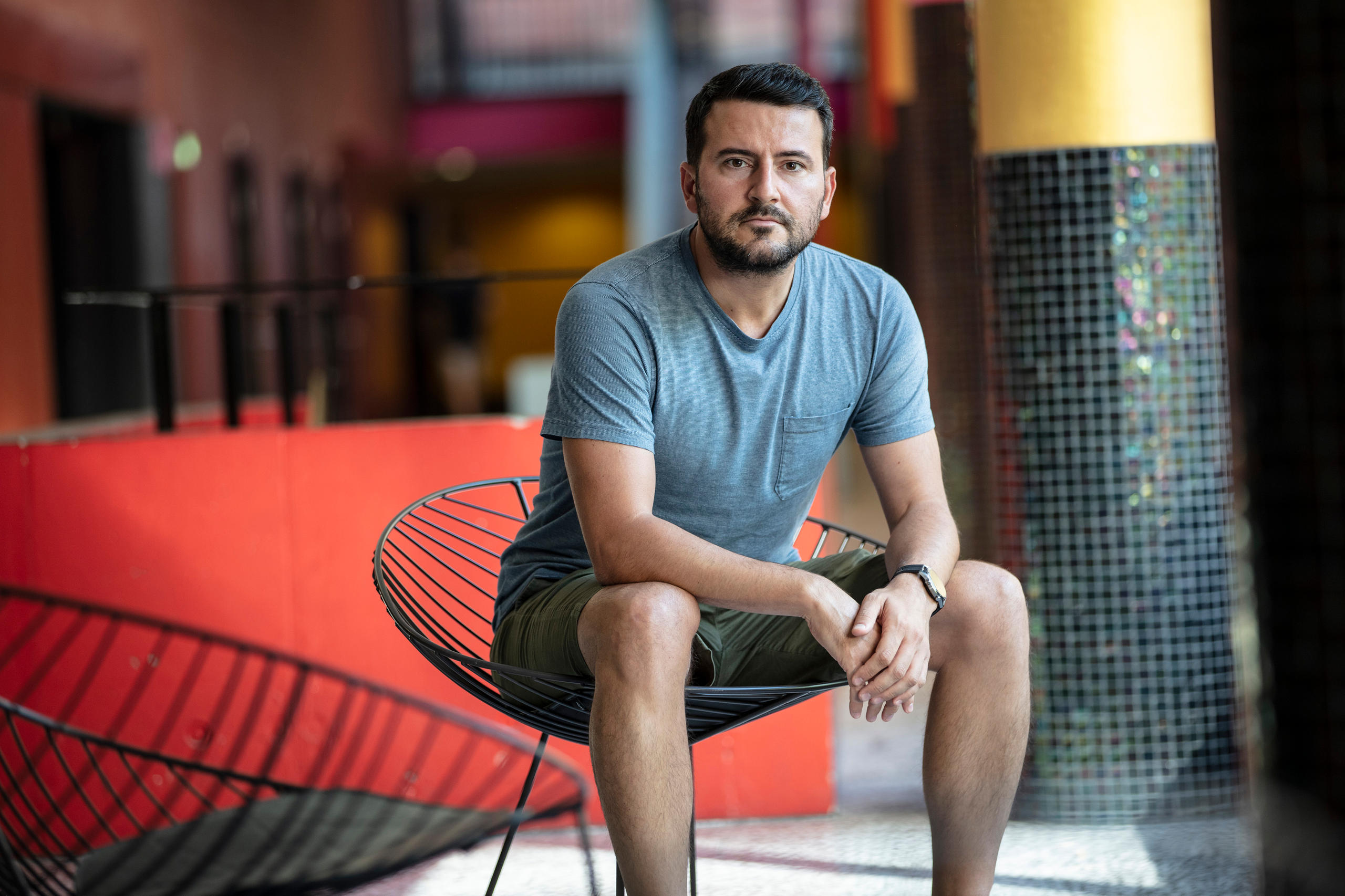
On the International Day of Democracy, we present two people who have committed themselves to expanding political participation in Switzerland: Radical-Liberal politician Përparim Avdili believes in individual achievement – and for precisely that reason, he favours easier access to citizenship and voting rights for foreigners.
The other restaurant patrons here are talking about mindfulness and self-actualisation in one’s free time. These topics of conversation suit the relaxed open-air setting in front of an old factory that has been converted into a café in this outer suburb of Zurich. But even here, Përparim Avdili brandishes a vocabulary which many a politician in Switzerland would keep for patriotic speeches on the August 1 national holiday.
“Switzerland is a nation united by choice,” says Avdili, an elected member of the Zurich city council. “We do not define ourselves in terms of one ethnic group or one language, but in terms of the choice we’ve made to work together for freedom and democracy.”
At the national level, one in four people do not have Swiss citizenship, the equivalent of about 2.24 million people. A third of the population in Zurich is foreign on paper. “That figure includes many people who have never lived anywhere else but Switzerland,” Avdili points out. He believes their adoptive country should give them the opportunity to become Swiss.
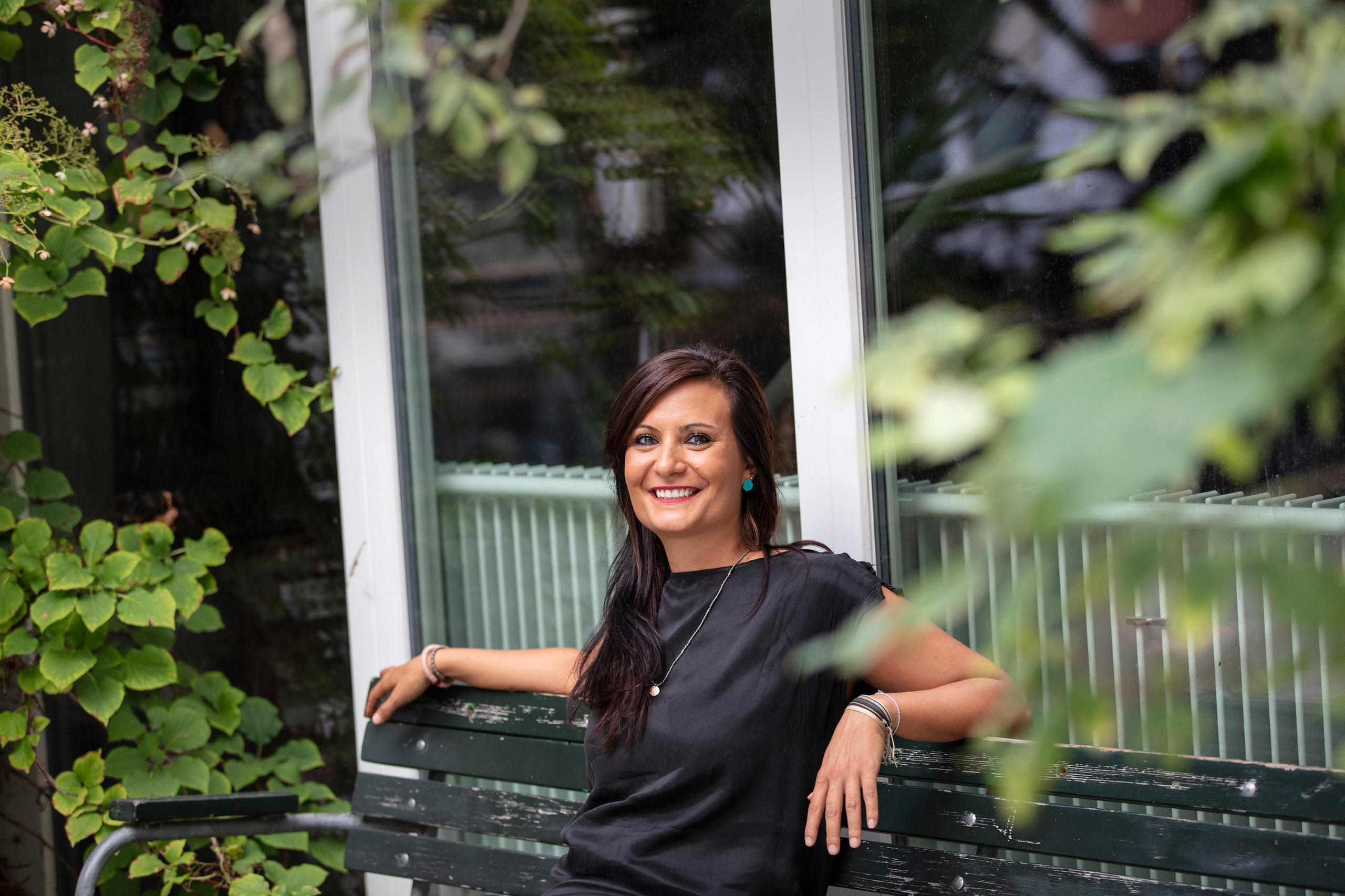
More
How one woman is trying to give foreigners a political voice in Switzerland
A banker in his 30s, Avdili is the president of the Radical-Liberal Party in Zurich. He believes in freedom, property and individual achievement. Those are the values of his party, and they are values he grew up with too. For that very reason he is strongly active on issues of immigration policy. There can only be a society of achievement, Avdili believes, if society provides people with equality of opportunity.
Switzerland, he argues, is a nation of immigrants. “Anybody who says otherwise is just not looking at the facts,” he says, stressing the country has a definite interest in immigration because it constantly finds itself short of qualified workers. Even as a nation united by choice, Switzerland has a fundamental interest in integrating newcomers. That is what will prevent the rise of parallel societies and what will enable people to identify with the host nation and share its values, he says.
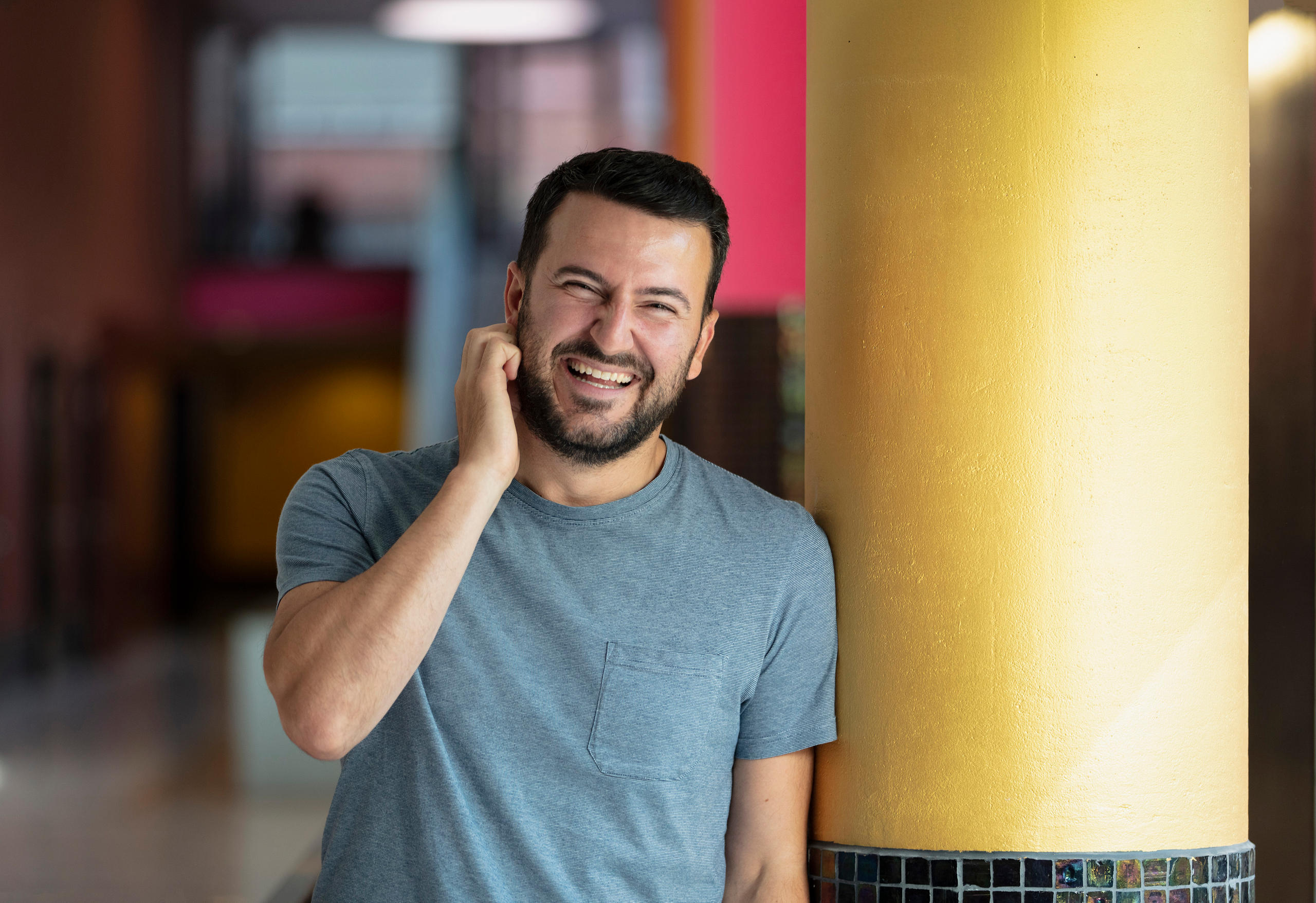
A strong sense of belonging
As a young boy, Avdili played in this factory in Zurich-Altstetten. It was already disused even then. Now it is a café where we can sit and talk. He grew up and has so far stayed put as an adult. Avdili’s parents immigrated to Switzerland in the 1980s from socialist Yugoslavia. “As a child it doesn’t occur to you that you don’t quite belong,” he says. “You think you’re like everybody else.”
Avdili is thinking particularly of Swiss citizenship here. When it was time for him to look around for an apprenticeship place, the chatter at school was that Swiss citizenship makes it easier to get a placement. “For me that seemed strange”, he recalls. But Advili did not let himself be put off. At the age of 16 he applied for citizenship and got it.
“Society should be prepared to make an offer [of citizenship] to anyone who grew up here,” says Advili.
Democracy is in its greatest crisis since the Second World War and the Cold War.
From a longer-term perspective, this is because of the trend towards authoritarianism and autocracy of roughly the last 15 years.
In the short term, it is because of the coronavirus pandemic and since Russia’s invasion of Ukraine.
Resilience is a key element of the debate about how to handle this multifaceted crisis: democracies should strengthen their resilience and robustness “from within” in order to be better able to fend off threats.
In this SWI swissinfo.ch series, we focus on a principle of democracy that has barely featured in the resilience debate so far: inclusion.
We introduce people who are fighting for “true inclusion” – comprehensive inclusion of all the biggest minorities. We will also hear views from the opposing side, which knows that the political majority in the country is behind it.
swissinfo.ch is organising an international panel discussion on inclusion at the Global Forum on Modern Direct Democracy 2022External link, which is taking place in Lucerne from September 21-25.
He ventured into politics early and attracted attention well before he was elected to public office. He first stood as a candidate in local elections in 2015. His flyer, his video, and an event were aimed at the Albanian-speaking community: “Më voto” – “vote for me!” That brought him attention, and criticism too. It was said that a voter has citizenship and therefore anyone who has citizenship should be able to understand the national language spoken where they live.
Avdili’s campaigning effort was obviously aimed at Swiss with an Albanian background. But he also wanted to make it clear to his community that they were part of the political scene. “I actually got some people involved in politics,” Avdili says.
At present, in most parts of Switzerland, political rights even at the local level depend on having citizenship. Switzerland has one of the strictest laws in Europe when it comes to acquiring citizenship. The principle of exclusion prevails. Any foreigner who wants to claim citizenship must have lived ten years in the country, five years in the same municipality, pay thousands of francs, undergo examinations, and – in some cantons – appear before the citizen’s assembly to pass a kind of inspection. Those who are already in are the ones who get to decide. They can say yes or no.
Give foreigners a stake
People who have been through this ordeal tend to think: why should anybody else have an easier time of it? This, Avdili suspects, is the reason why many naturalised citizens do not favour lowering the bar, or even giving votes to foreigners. He however sees granting the right to vote to foreigners at the local level as a way to give non-Swiss citizens a stake in Switzerland.

More
How to get Swiss citizenship?
“If you want to vote on constitutional amendments, you have to be Swiss. That stuff has to do with the ground rules in this country,” he says. On the other hand, the issues at local community level affect everyone, independent of their citizenship status: a new sports stadium, say, or a new school, or a 30-km-per-hour speed limit. He thinks giving the vote to foreigners would function as an invitation from Switzerland to all residents to become a part of democracy. They are already a part of society.
“They have children in school. They are active in associations of all sorts. And they contribute their share of taxes,” he says. Advili argues that after five years living in the same place, and having paid quite a bit in tax, these people should see the door to participation open, Avdili thinks.
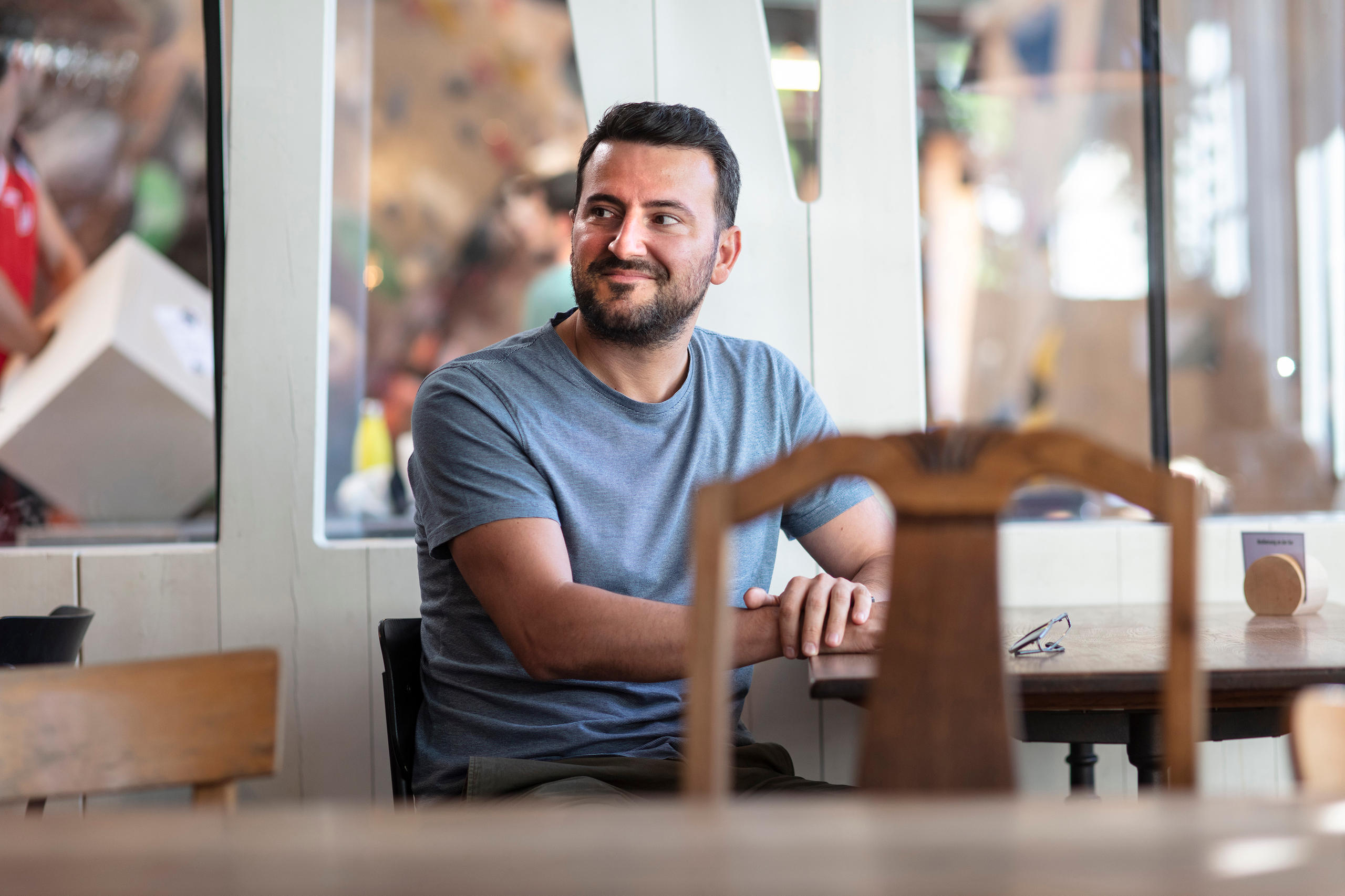
Good for democracy
“In my understanding of democracy, the political process works best when as many people as possible are participating in it,” says Avdili. He has been talking very fast, but now he pauses reflectively. “That could actually be an attitude taken by all parties.”
He advocates for this position in his own party, which sits on the centre-right of the political spectrum. But politicians on the left of the political spectrum, too, need to make the effort to convince their supporters, he thinks. Social Democrats and Greens are officially in favour of votes for foreigners. But Avdili is not so sure about left-wing voters. When canton Zurich was deciding on a vote for foreigners at local level just ten years ago, the city of Zurich voted against it.
“And Zurich is usually a Red-and-Green place,” he notes.
Most countries around the world restrict the right to vote to citizens; although some countries like Argentina do give resident foreigners a say on local affairs. In Switzerland, canton Neuchâtel has had a vote for foreigners at municipal level since 1849. Participation in local affairs there is as old and accepted as the Swiss federal state itself. Avdili is not sure when it will happen in Zurich. He just says: “I am prepared to believe that people will become more flexible on this issue, if we talk to them in terms of values.”

More
Foreigner voting rights
It is even more important to him that Switzerland welcomes children who grew up here. Switzerland should simply ask them if they want to become Swiss rather than put them through a ringer of requirements to assess integration that are costly and time consuming. “I would expect evidence of integration from anyone who comes here as an adult immigrant,” he says. “But not from kids who are growing up here.”
Translated from German by Terence McNamee/sb, edited by Balz Rigendinger
More

In compliance with the JTI standards
More: SWI swissinfo.ch certified by the Journalism Trust Initiative
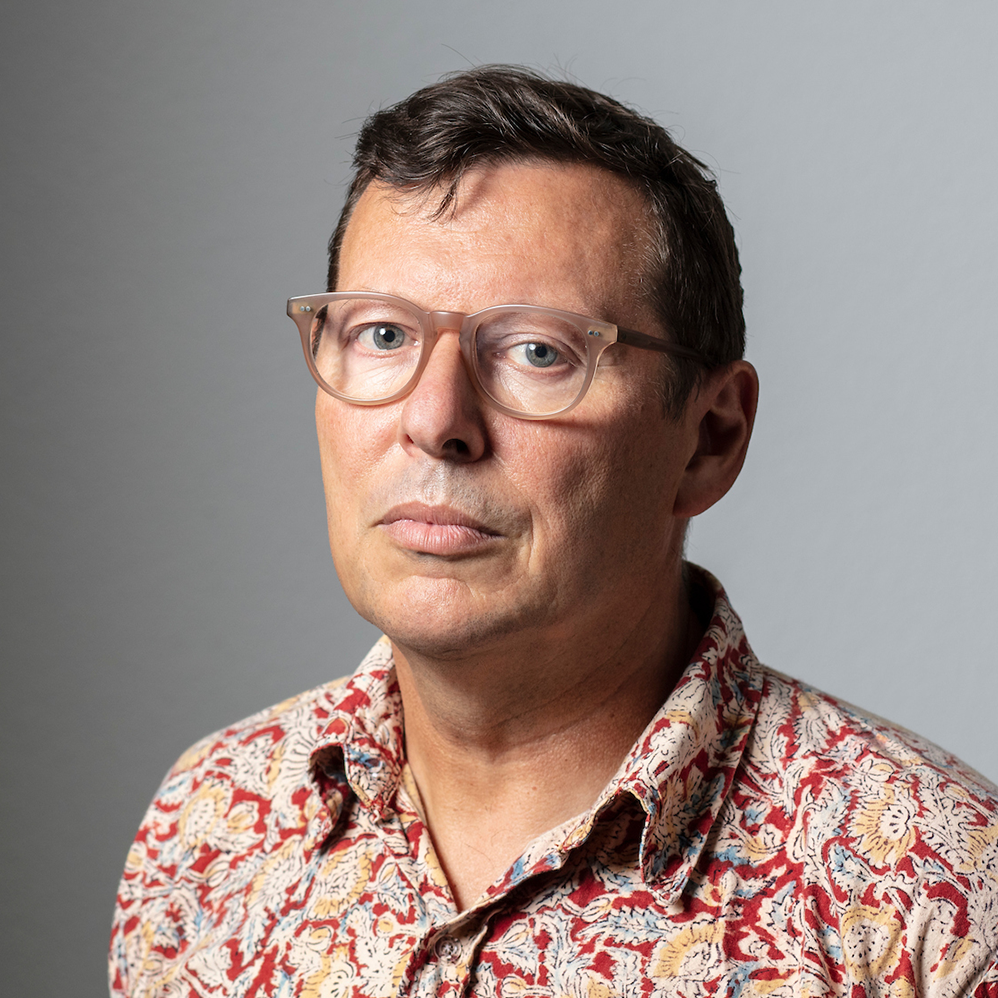









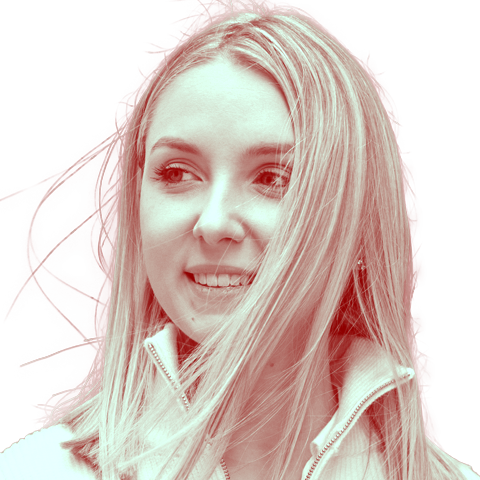

You can find an overview of ongoing debates with our journalists here . Please join us!
If you want to start a conversation about a topic raised in this article or want to report factual errors, email us at english@swissinfo.ch.